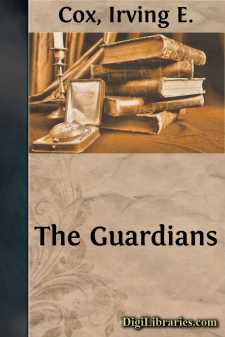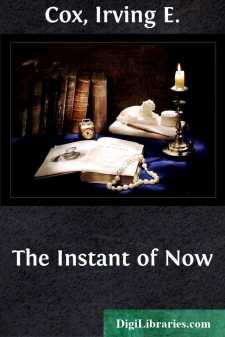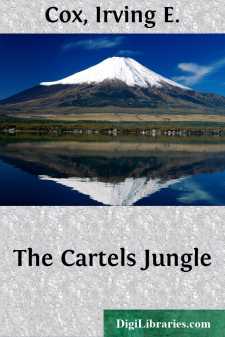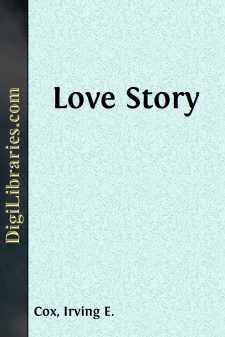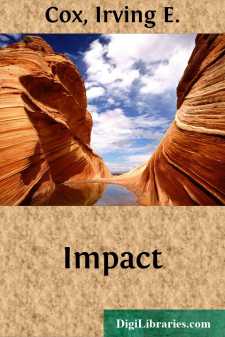Categories
- Antiques & Collectibles 13
- Architecture 36
- Art 48
- Bibles 22
- Biography & Autobiography 816
- Body, Mind & Spirit 145
- Business & Economics 28
- Children's Books 18
- Children's Fiction 14
- Computers 4
- Cooking 94
- Crafts & Hobbies 4
- Drama 346
- Education 58
- Family & Relationships 59
- Fiction 11831
- Foreign Language Study 3
- Games 19
- Gardening 17
- Health & Fitness 34
- History 1378
- House & Home 1
- Humor 147
- Juvenile Fiction 1873
- Juvenile Nonfiction 202
- Language Arts & Disciplines 89
- Law 16
- Literary Collections 686
- Literary Criticism 179
- Mathematics 13
- Medical 41
- Music 40
- Nature 179
- Non-Classifiable 1768
- Performing Arts 7
- Periodicals 1453
- Philosophy 66
- Photography 2
- Poetry 897
- Political Science 203
- Psychology 45
- Reference 154
- Religion 516
- Science 126
- Self-Help 86
- Social Science 82
- Sports & Recreation 34
- Study Aids 3
- Technology & Engineering 59
- Transportation 23
- Travel 463
- True Crime 29
Our website is made possible by displaying online advertisements to our visitors.
Please consider supporting us by disabling your ad blocker.
The Guardians
by: Irving E. Cox
Categories:
Description:
Excerpt
[p54] Mryna Brill intended to ride the god-car above the rain mist. For a long time she had not believed in the taboos or the Earth-god. She no longer believed she lived on Earth. This paradise of green-floored forests and running brooks was something called Rythar.
Six years ago, when Mryna was fourteen, she first discovered the truth. She asked a question and the Earth-god ignored it. A simple question, really: What is above the rain mist? God could have told her. Every day he answered technical questions that were far more difficult. Instead, he repeated the familiar taboo about avoiding the Old Village because of the Sickness.
And consequently Mryna, being female, went to the Old Village. There was nothing really unusual about that. All the kids went through the ruins from time to time. They had worked out a sort of charm that made it all right. They ran past the burned out shells of the old houses and they kept their eyes shaded to ward off the Sickness.
But even at fourteen Mryna had outgrown charms and she didn’t believe in the Sickness. She had once asked the Earth-god what sickness meant, and the screen in the answer house had given her a very detailed answer. Mryna knew that none of the hundred girls and thirty boys inhabiting Rythar had ever been sick. That, like the taboo of the Old Village, she considered a childish superstition.
The Old Village wasn’t large—three parallel roads, a mile long, lined with the charred ruins of prefabs, which were exactly like the cottages where the kids lived. It was nothing to inspire either fear or legend. The village had burned a long time ago; the grass from the forest had grown a green mantle over the skeletal walls.
For weeks Mryna poked through the ruins before she found anything of significance—a few, scorched pages of a printed pamphlet buried deep in the black earth. The paper excited her tremendously. It was different from the film books photographed in the answer house. She had never touched anything like it; and it seemed wonderful stuff.
She read the pamphlet eagerly. It was part of a promotional advertisement of a world called Rythar, “the jewel of the Sirian Solar System.”
The description made it obvious that Rythar was the green paradise where Mryna lived—the place she had been taught to call Earth. And the pamphlet had been addressed to “Earthmen everywhere.”
Mryna made her second find when she was fifteen, a textbook in astronomy. For the first time in her life she read about the spinning dust of the universe lying beyond the eternal rain mist that hid her world.
The solid, stable Earth of her childhood was solid and stable no longer, but a sphere turning through a black void. Nor was it properly called Earth, but a planet named Rythar. The adjustment Mryna had [p55] to make was shattering; she lost faith in everything she believed.
Yet the clock-work logic of astronomy appealed to her orderly mind. It explained why the rain mist glowed with light during the day and turned dark at night. Mryna had never seen a clear sky. She had no visual data to tie her new concept to.
For six years she kept the secret. She hid the papers and the astronomy text which she found in the Old Village. Later, after the metal men came, she destroyed everything so none of the other women would know the Earth-god was a man.
At first she kept the secret because she was afraid. For some reason the man who played at being god wanted the kids to believe Rythar was Earth, the totality of the universe enveloped in a cloud of mist. She knew that because she once asked god what a planet was. The face on the screen in the answer house became frigid with anger—or was it fear?—and the Earth-god said:
“The word means nothing.”
But late that night a very large god-car brought six metal men down through the rain mist. They were huge, jointed things that clanked when they walked. Four of them used weapons to herd the kids together in their small settlement. The two others went to the Old Village and blasted the ruins with high explosives.
Vaguely Mryna remembered that the metal men had been there before, when the kids were still very small. They had built the new settlement and they had brought food. They lived with the children for a long time, she thought—but the memory was hazy.
As the years passed, Mryna’s fear retreated and only one thing became important: she knew the Earth-god was a man. On the fertile soil of Rythar there were one hundred women and thirty men. All the boys had taken mates before they reached seventeen. Seventy girls were left unmarried, with no prospect of ever having husbands. A score or more became second wives in polygamous homes, but plural marriage had no appeal for Mryna. She was firmly determined to possess a man of her own. And why shouldn’t it be the Earth-god?
As her first step toward escape, Mryna volunteered for duty in the answer house. For as long as she could remember, the answer house had stood on a knoll some distance beyond the new settlement. It was a square, one-room building, housing a speaking box, a glass screen and a console of transmission machinery. Anyone in the settlement could contact god and request information or special equipment.
God went out of his way to deluge them with information. The simplest question produced voluminous data, transmitted over the screen and photographed on reels of film. Someone had to be in the answer house to handle the photography. The work was not hard, but it was monotonous. Most of the kids preferred to farm the fields or dig the sacrificial ore.
[p56] A request for equipment was granted just as promptly. Tools, machines, seeds, fertilizers, packaged buildings, games, clothing—everything came in a god-car. It was a large cylinder which hissed down from the rain mist on a pillar of fire....


